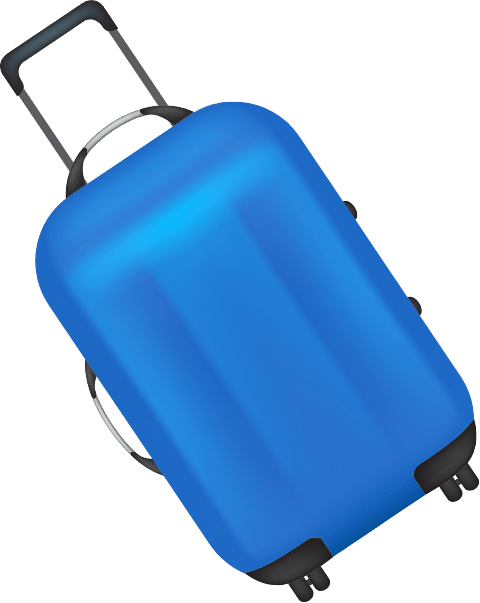Manitoba is situated between Ontario and Saskatchewan and is one of the gateways to western Canada. Manitoba province’s economy is mostly based on natural resources and agriculture. The population of 1.2 million is located majorly in the surroundings of its capital city Winnipeg. Manitoba Provincial Nominee Program (MPNP) or simply Manitoba Immigration launched its immigration program in 1998 and revoked it in 2017. MPNP is one of the most popular provincial nominee programs in Canada. Over the last two decades, 130,000 immigrants were benefitted from the Manitoba Provincial Nominee Program. Through this program, individuals with specific skills and experience will be nominated certificate from Manitoba province with which they can apply for permanent residence.



This category and the streams under this operate through an “Expression of Interest” (EOI) basis. In this system, all the eligible candidates need to complete a series of questions online and no need for submitting any supporting documents in their EOI profile. Candidates who have submitted their application and made themselves available in the pool will receive a score based on the answers provided. Next, the MPNP system will rank all the eligible candidates, those with a high score may be invited to apply to the Manitoba Provincial Nominee program. Presently, there are no limits on the number of candidates who can submit their profile in Expression of Interest pool.
MPNP is further divided into several streams to cater the individuals belonging to different work roles. They are:





Under this stream, foreign-trained workers with required skills are selected and get nominated for permanent residence. Candidates who have a strong bond for Manitoba are prioritized in this stream. SWM stream is further classified into two pathways.
Applies to individuals with work experience or current employment in Manitoba. Candidates need to qualify the specific requirements to be eligible for this pathway.
Applies to individuals from overseas with a job offer from Manitoba employers. Minimum of two years of work experience in the last five years is mandatory, along with language proficiency and other eligibility criteria.

This stream includes candidates from the Canada Express Entry pathway and direct provincial pathway. Priority is given to skilled foreign workers who have training and experience in Manitoba’s in-demand occupations. SWO is further divided into two pathways.
Candidates should have a special connection with Manitoba province and must demonstrate the ability to find employment as soon as they land in Manitoba. Priority is given for skilled foreign workers who have experience in Manitoba’s in-demand occupations.
This is for candidates who are eligible for both the MPNP and Express Entry system. Candidates also need to have an active profile in Canada’s Express Entry immigration program. A minimum of six months of work experience is mandatory.
IES is dedicated to international graduates from Manitoba colleges or universities. Under this stream, desired candidates need not work for six months in their occupation before opting for MPNP nomination. IES has three pathways.
International graduates in the fields of science, technology, engineering, mathematics or STEM subjects can expedite their nomination under the Career Employment pathway.
This pathway is dedicated to masters and doctorate holders to speed-up their nomination process by working in internships, which will contribute to the economy of Manitoba.
This is aimed at foreign graduates from Manitoba universities who are keen to start a business in Manitoba province. Candidate should be meet all the requirements of the Business Performance Agreement before getting nominated for permanent residence.
This stream is dedicated to qualified foreign businesspeople, investors and entrepreneurs. Eligible candidates are given only a temporary work permit for the first two years, and the individuals need to demonstrate their intent and ability to start the business in Manitoba province with in the first two years of their arrival.
For business individuals meeting the requirements of the Business Performance Agreement and are nominated for permanent residence after starting a business in Manitoba.
For candidates who want to operate a farm in rural Manitoba. The temporary work permit is given to individuals initially, and the nomination of permanent residence is obtained only after establishing a business.


There are several ways to immigrate to Canada, such as through Express Entry, Provincial Nominee Programs (PNPs), Family Sponsorship, and Business Immigration. The eligibility criteria and application processes may vary depending on the program and category. You can visit the Government of Canada’s official immigration website for more information and guidance on the different immigration options available.
The requirements to immigrate to Canada depend on the immigration program or category you are applying under. Some common requirements include meeting the language proficiency (English or French) standards, having sufficient funds to support yourself and your family, meeting the educational and work experience criteria, and passing the medical and security checks. Each program may have additional requirements, so it is recommended to carefully review the eligibility criteria before applying.
The processing time for Canada immigration applications varies depending on the program and category. Some programs, such as Express Entry, have faster processing times than others. The processing times can also depend on factors such as the volume of applications received, completeness of the application, and whether additional information or documents are requested. You can check the current processing times on the Immigration, Refugees and Citizenship Canada (IRCC) website.
The different types of Canadian immigration programs include Express Entry, Provincial Nominee Programs (PNPs), Family Sponsorship, and Business Immigration. Express Entry is a federal immigration program for skilled workers, while PNPs are designed to allow provinces and territories to nominate individuals who meet their specific labour market needs. Family sponsorship allows Canadian citizens and permanent residents to sponsor their eligible family members for immigration to Canada. Business Immigration programs are designed to encourage foreign entrepreneurs and investors to start or invest in a business in Canada.




WhatsApp us